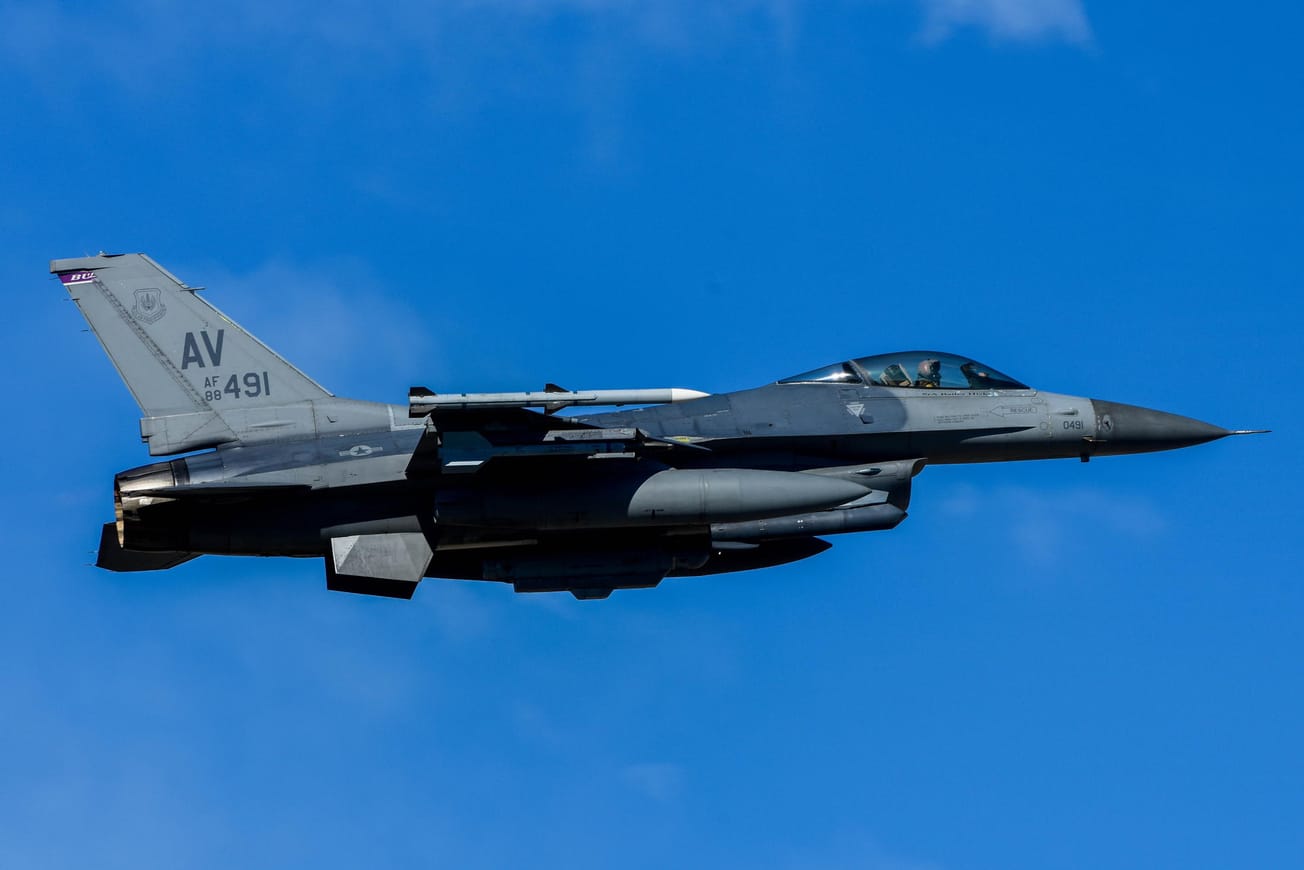NATO is worried that “aggressors” Russia and China have the advantage when it comes to seabed warfare, Defense News reported yesterday. “Seabed warfare is a game where the aggressor currently has considerable advantages thanks to the sheer scale of (underwater) infrastructure to protect, the fragility of pipelines and the various opportunities to attack in shallow water,” said Sidharth Kaushal, an expert in sea power and military science at the London-based Royal United Services Institute think tank.
The “game” is nothing new, dating back at least to the 1970s when U.S. Navy divers placed listening devices on undersea Soviet communications cables in the Pacific Ocean, Defense News reports further. That was a tough lesson for Russia, which responded by investing in undersea espionage throughout the 1990s, even after the Cold War; the country now has an “in-built advantage” on the seabed, said H.I. Sutton, a submarine expert and author of the blog Covert Shores. “Russia has the Belgorod submarine with seabed capability as well as two, stretched Delta-class submarines—all three are nuclear-powered and are host submarines, which can each carry two manned and one unmanned submarine,” he said.





